Another 583 deaths reported in California
California reported another 36,385 cases and 583 more deaths on Wednesday.
Hospitalizations are continuing to rise in the hard-hit state.
ABC News' Matt Fuhrman contributed to this report.
More than 373,000 Americans have died from COVID-19.
A pandemic of the novel coronavirus has now infected more than 90 million people worldwide and killed over 1.9 million of them, according to real-time data compiled by the Center for Systems Science and Engineering at Johns Hopkins University.
California reported another 36,385 cases and 583 more deaths on Wednesday.
Hospitalizations are continuing to rise in the hard-hit state.
ABC News' Matt Fuhrman contributed to this report.
The number of patients currently hospitalized nationwide is at a record high, according to ABC News’ analysis of COVID Tracking Project data.
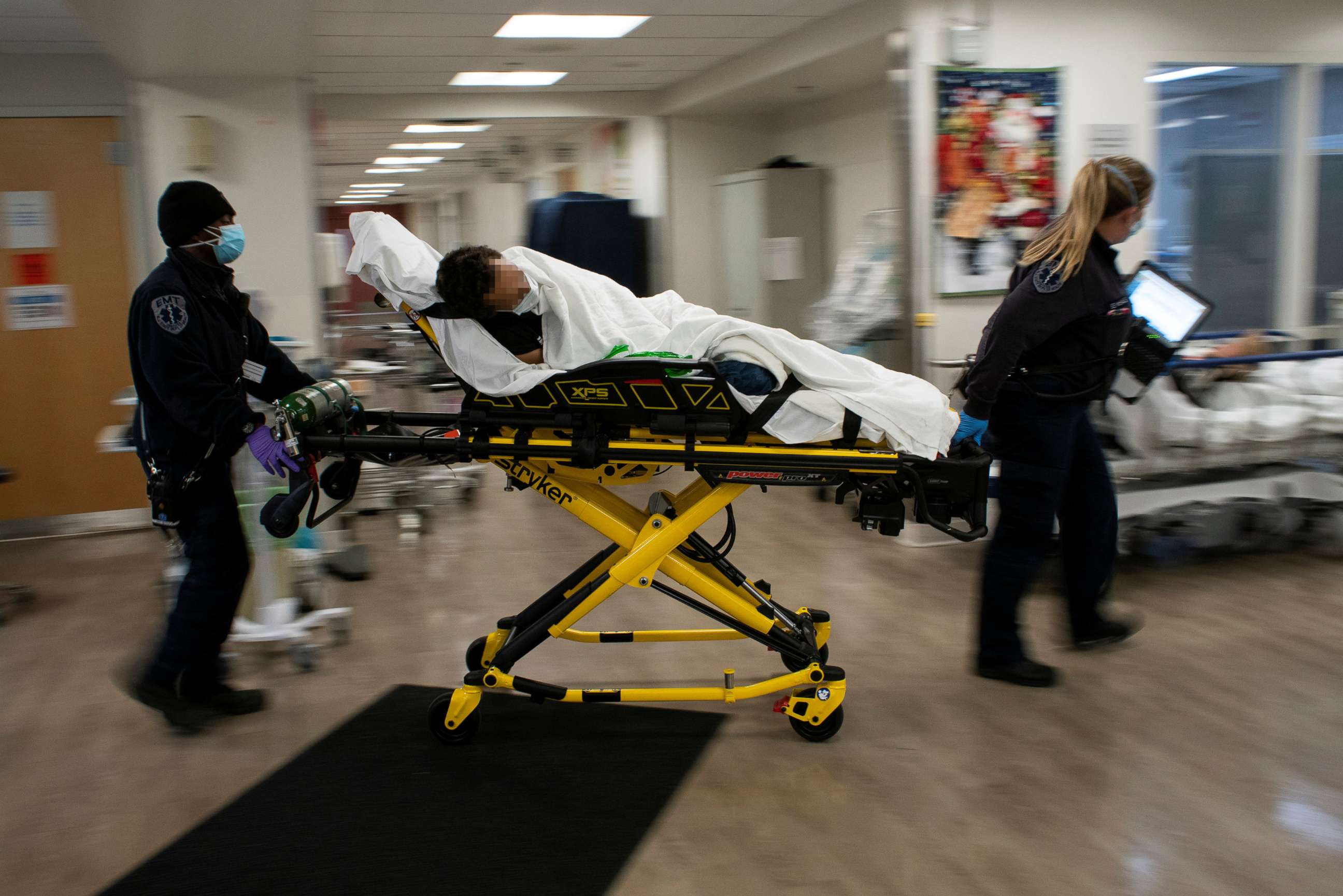
In the last three months, the national number of patients currently hospitalized has quadrupled, surging by 322% since early October.
On Wednesday, 12 states hit a record number of current hospitalizations: Arizona, California, Delaware, Georgia, Maryland, Nevada, North Carolina, Oklahoma, South Carolina, Tennessee, Texas and West Virginia.
Wednesday marked the deadliest day on record for the U.S., with 3,865 COVID-19 deaths reported -- a record death toll for the second consecutive day, according to data collected by Johns Hopkins University.
The U.S. has now surpassed 361,000 confirmed COVID-19 related deaths, which signifies that at least 1 in every 915 Americans has now died from COVID-19.
The average number of daily cases in the U.S. is now the highest it has been since the beginning of the pandemic, up by 21% in the last week, after it surpassed 216,000 for the first time on Wednesday.
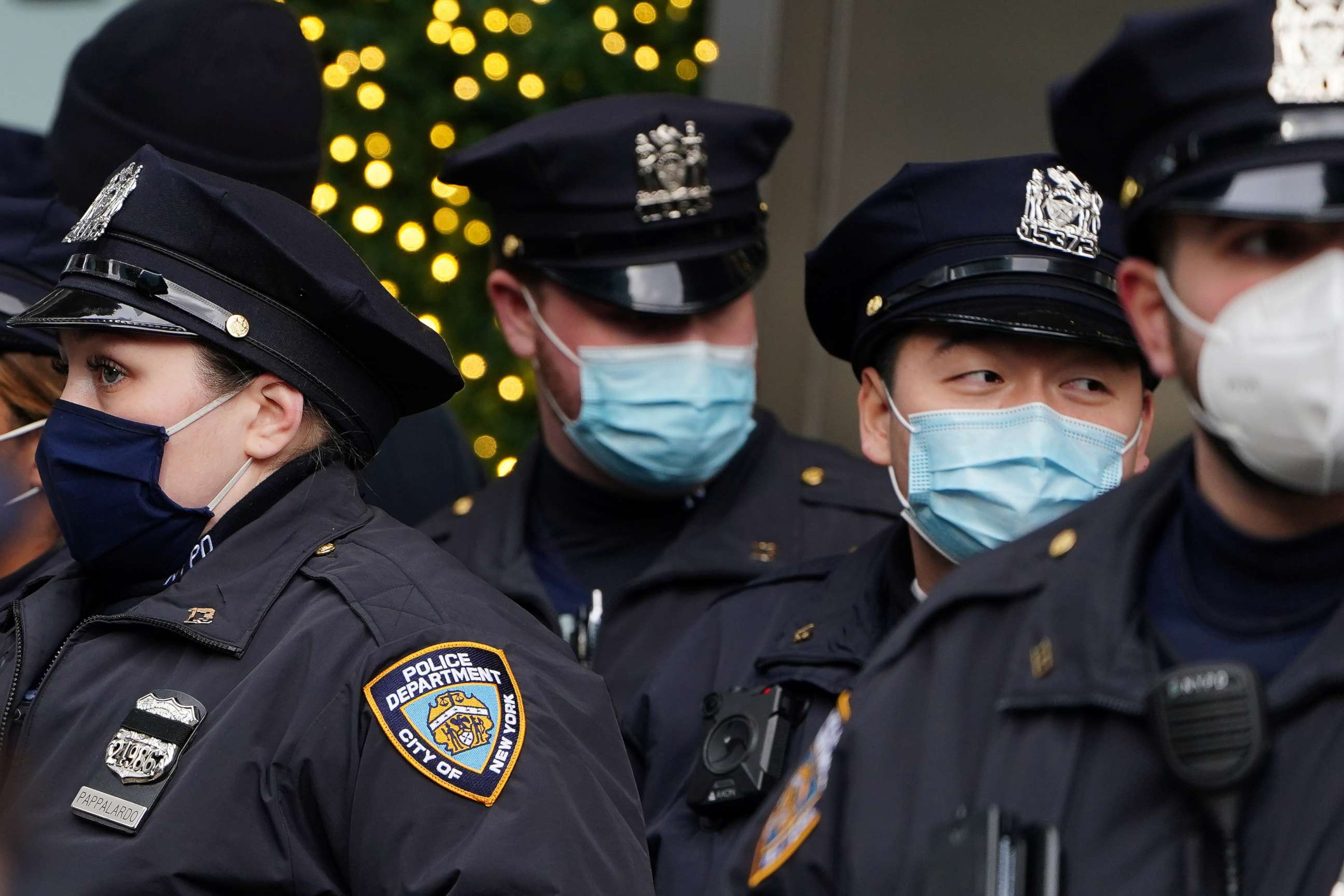
ABC News' Arielle Mitropoulos contributed to this report.
South Africa announced Thursday that it will import 1.5 million doses of a COVID-19 vaccine developed by England's University of Oxford and British-Swedish pharmaceutical giant AstraZeneca.
South African Health Minister Dr. Zwelini Mkhize said the country will be receiving 1 million doses later this month, followed by 500,000 doses in February. Mkhize said the healthy ministry has purchased the doses directly from the Serum Institute of India, which has a licensing agreement with AstraZeneca to manufacture the vaccine.
Meanwhile, South Africa's drug regulatory body is "fine-tuning and aligning all the regulations processes to ensure that there are no unnecessary delays or regulatory impediments to activate this rollout," Mkhize said.
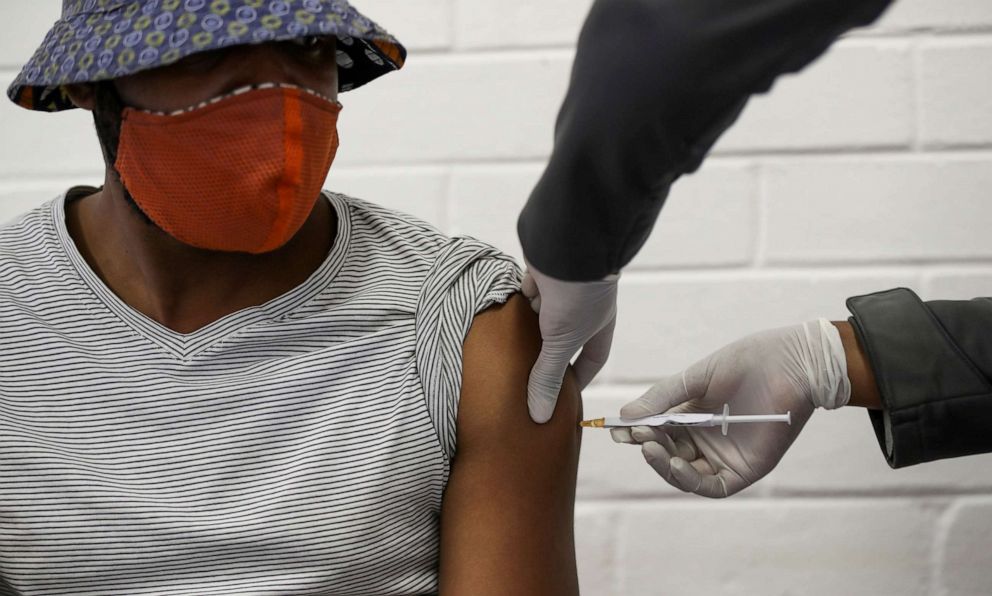
The country's health care workers in both public and private hospitals -- an estimated 1.25 million people -- will have first priority in getting the vaccine, according to Mkhize.
The announcement comes as South Africa grapples with a new, more contagious variant of the novel coronavirus. Some hospitals are reportedly already at capacity amid the recent surge in infections.
South Africa has reported more than 1.1 million confirmed cases of COVID-19 since the start of the pandemic, including at least 30,524 deaths, according to the latest data from the Africa Centers for Disease Control and Prevention. The country of 60 million people has by far the highest number of diagnosed infections in Africa.
Los Angeles County reported 258 new deaths and 11,841 new cases on Wednesday.
County Public Health Director Dr. Barbara Ferrer said Wednesday, “Today, I am more troubled than ever before.”
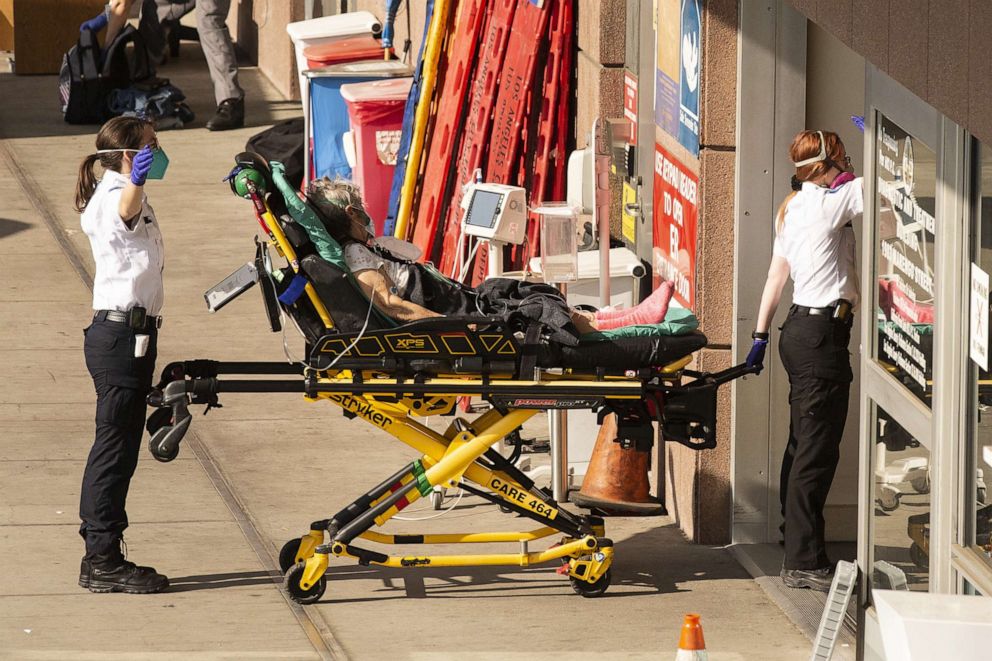
During the summer, 1 in every 10 people tested were positive; now, 1 in every 4 or 5 people are testing positive, she said.
The rate of transmission this month is almost double that of December and Los Angeles County hospitals are admitting more patients than they can discharge, she said.
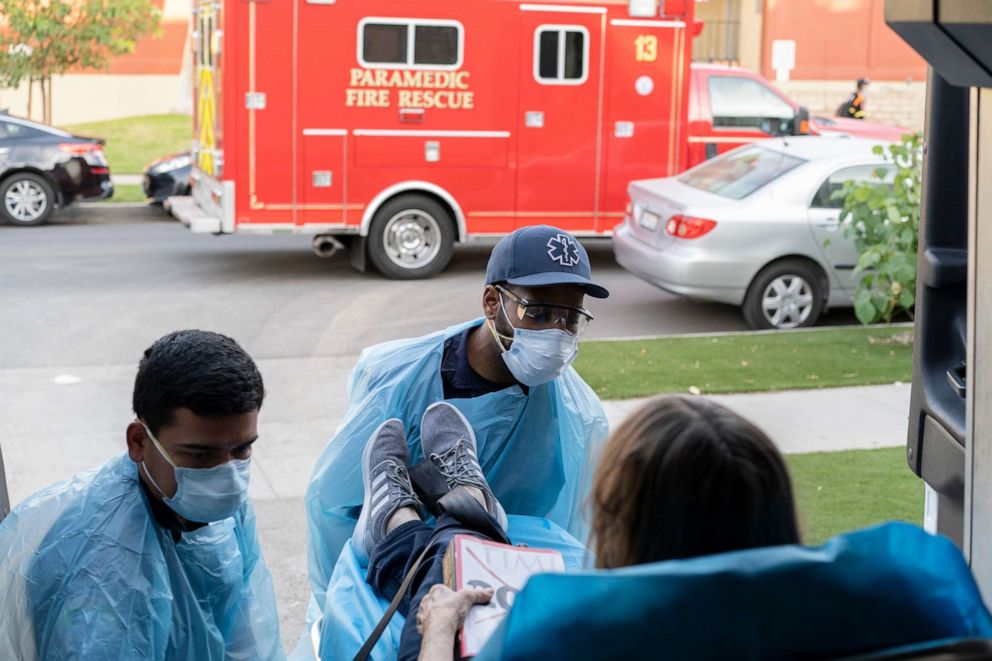
Some paramedics told ABC News they’ve seen as many as 22 ambulances stacked up in hospital parking lots this week. They said they felt helpless waiting.
“They signed up to take care of people, not wait with people in agony,” EMT Bill Weston told ABC News.
“This is by far the worst disaster I've ever been involved in,” he said.
ABC News' Jenna Harrison, Kaylee Hartung and Cammeron Parrish contributed to this report.